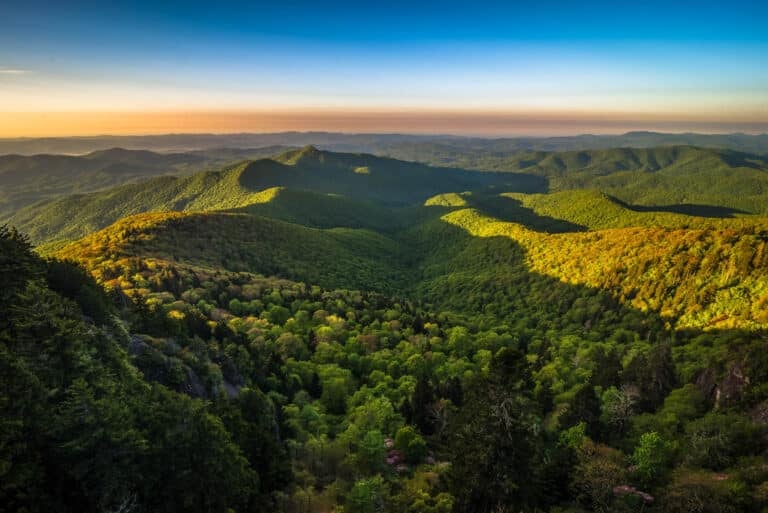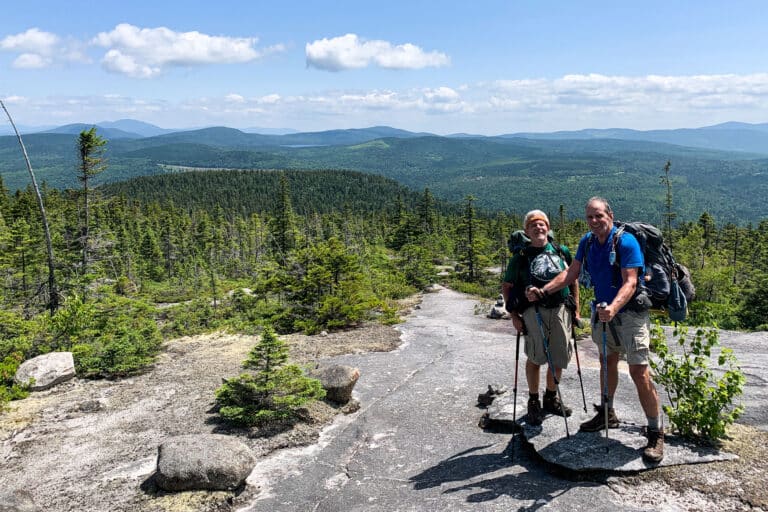Crazy Heart Director Scott Cooper Celebrates the Film’s Two Oscars
Native Virginian and first-time director Scott Cooper was the catalyst behind the film Crazy Heart, adapted from the book by Thomas Cobb. Cooper, raised in the mountains of Southwest Virginia, wrote, produced, and directed the tale of Bad Blake, a washed up country singer whose life is a spiral of bad gigs and booze. Shot in just 24 days, the film took home two Academy Awards: Best Actor, for Jeff Bridges’ portrayal of Bad Blake; and Best Song for Ryan Bingham’s “The Weary Kind,” the film’s theme song. BRO talked with Cooper just before the Oscars.

Why did Thomas Cobb’s book inspire you to make it into a film?
I’ve long wanted to tell Merle Haggard’s life story. When I turned to this unknown book, I discovered this amalgam of characters—Waylon, Haggard, Kristofferson, Billy Joe Shaver, Townes Van Zandt. I felt I could take pieces of those five lives and use them in conjunction with what Cobb laid out in his gloriously rich novel to create a character that was personal to me and interesting to viewers. His book was rich in source material and it was clear that he understood this world completely. He found the soul of who Bad Blake was and I was able to use that to tell the story of my radio heroes.
The book is experiencing a rebirth, too.
Because of the movie, it’s back in print and people are turning to it. I don’t think he sold many copies, as it is a pretty obscure novel, but it’s a beautiful book. Cobb understood what it took to be a real singer-songwriter, that you had to live these experiences in order to write poetically.
First day, first shoot—what’s going through your head as you call for action?
Next to getting married and having my two girls, it was probably the most important moment in my life. Surprisingly, I wasn’t nervous, as I was overly prepared for the first day of shooting, but any time you call “Action!” and Jeff Bridges or Robert Duvall is in front of the camera, nerves creep in. But I was confident I could tell this story. I grew up in the shadow of the Blue Ridge Mountains, so I understood these people and this world. And once I saw Jeff, my nerves went away, because there was Bad Blake.
Was there a moment during the shoot when you realized you were on to something special?
Immediately. I knew as an actor, watching what Jeff was doing, that it was revelatory. It was some of the best work I have ever seen from an actor.
Could any other actor have become Bad Blake like Jeff did?
He was the guy, the perfect confluence of an actor and a role. That happens every so often—Duvall in The Apostle, Robert De Niro in Raging Bull, Marlon Brando in The Godfather, and Jeff in this film.
Jeff Bridges has been acting for over 30 years. What would it mean to you if the role of Bad Blake won him his first Academy Award?
It could be the most gratifying thing I ever do, given that he’s an actor that has done over sixty films and should have won four or five Oscars by now. To see an actor of his caliber married to a role that I wrote, directed, and produced, that could very well be the pinnacle of any director’s career, and especially mine, being a first-timer.
Does T-Bone Burnett have a supernatural sense about making soundtracks?
He’s a musicologist. He knows a lot about jazz, classical, blues, bluegrass, and country music. I knew very much what I wanted, but T-Bone pushed us in different directions, making us stretch. He’s a conjurer, always pulling great talent from a lot of people. And T-Bone is a musical genius. He understands music in a way few people I have met understand music.
“The Weary Kind,” the theme song by Ryan Bingham, is amazingly important to the film.
It’s a gorgeous song and the narrative of the film. It’s about a man who’s gone through the experiences Bad Blake has and is about his rebirth. The themes of loss, regret, hope, and redemption—all of which course through the movie—course through the song. T-Bone and Ryan were able to create a cinematic masterpiece.
Your roots are in the Appalachian Mountains, the cradle of the music in Crazy Heart. What did you listen to growing up?
My father took me to bluegrass festivals and I cut my teeth listening to Ralph Stanley, Bill Monroe, Doc Watson, Ricky Skaggs, and The Seldom Scene. Then I dug into my dad’s LP collection and heard Townes, Shaver, Haggard, and Cash. I’m still listening to those guys, but I also love jazz and bands like Radiohead, Wilco, and Ron Sexsmith, a great Canadian songwriter.
What’s next?
I find myself in a position I have never found myself—entertaining a dizzying number of offers. I am looking strongly at material and a core group of actors I want to work with, but I haven’t zeroed in on anything yet.







